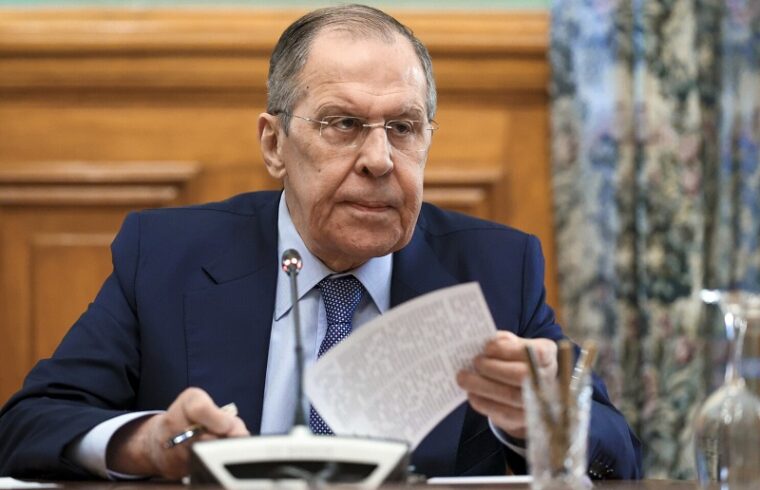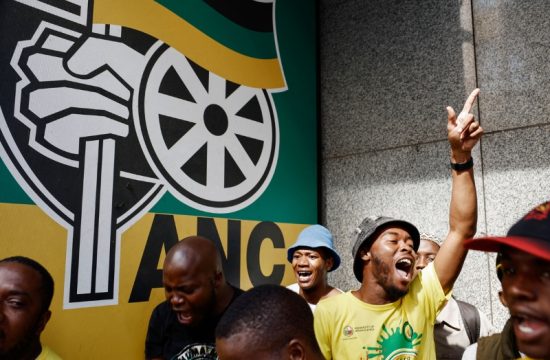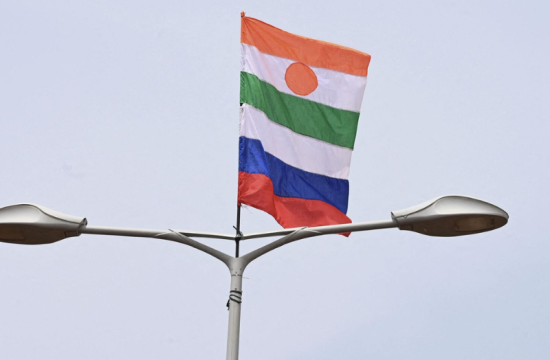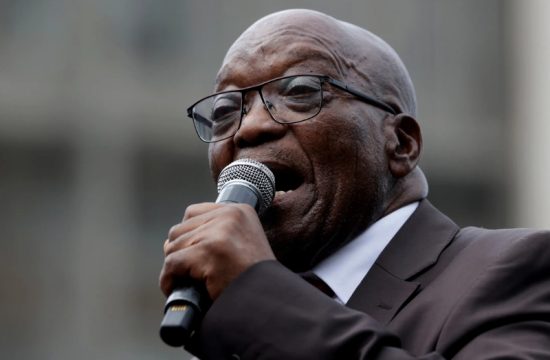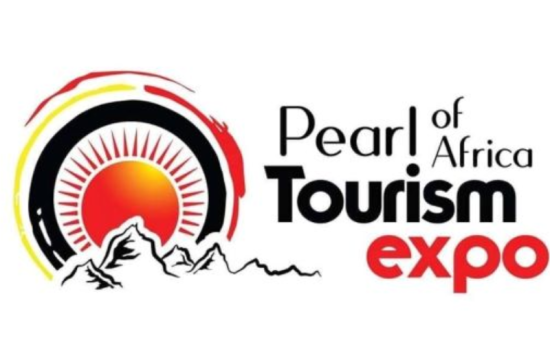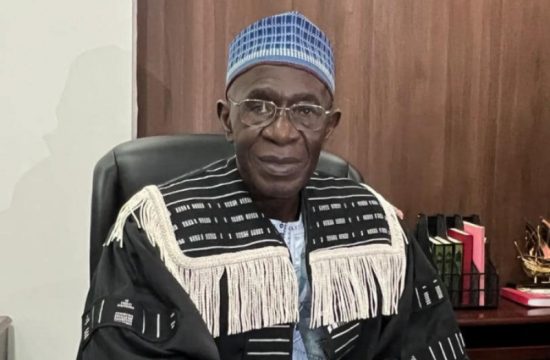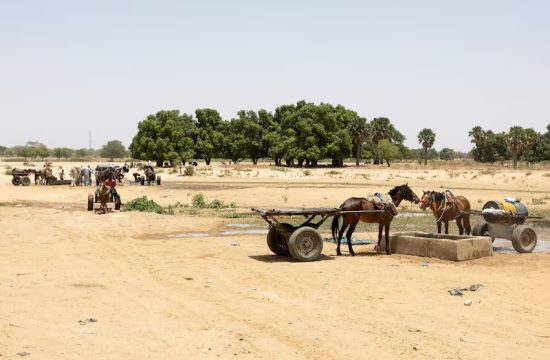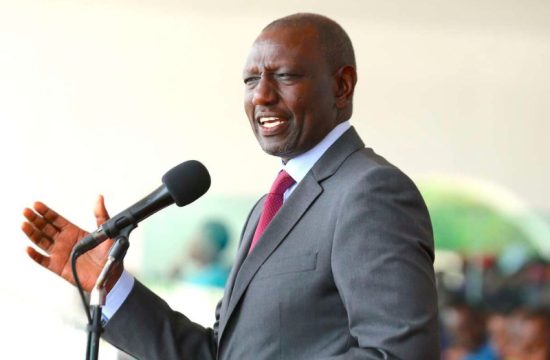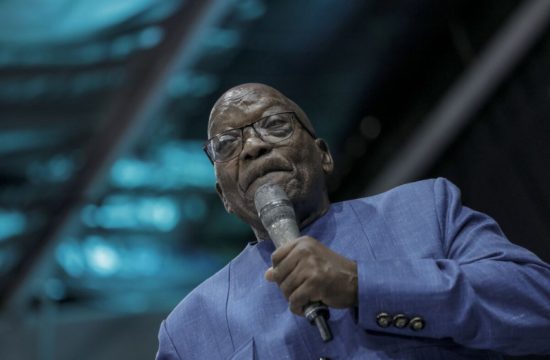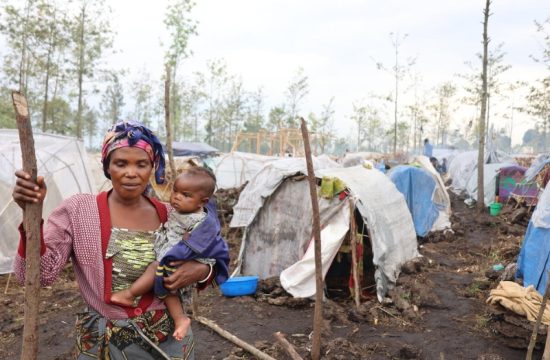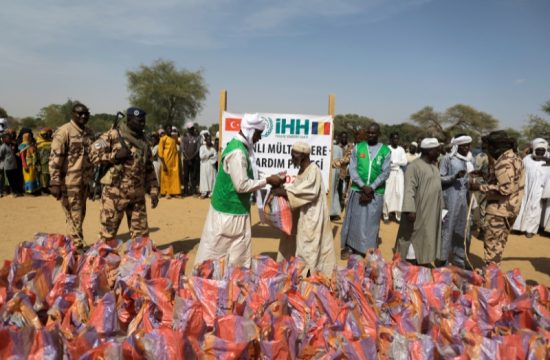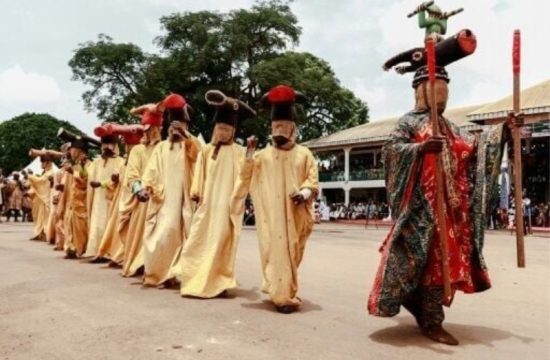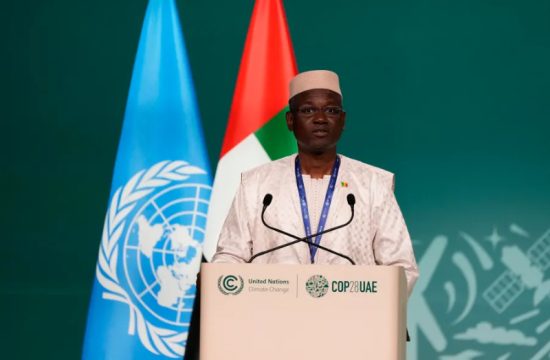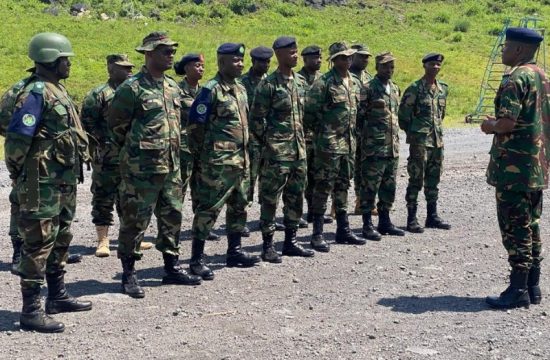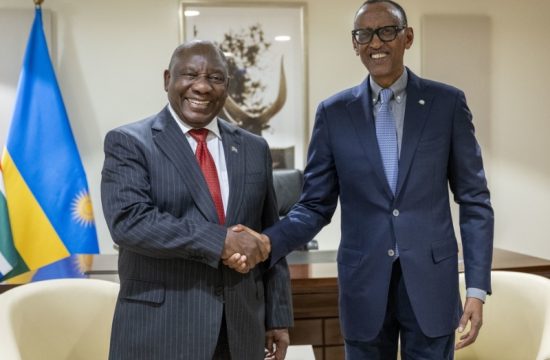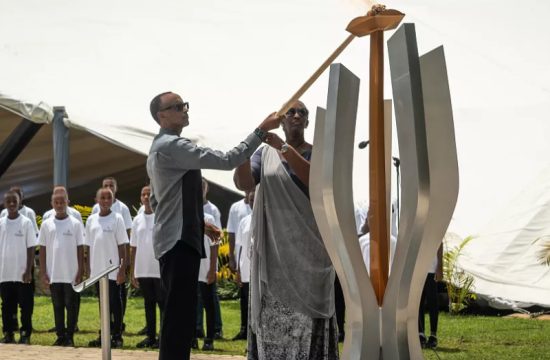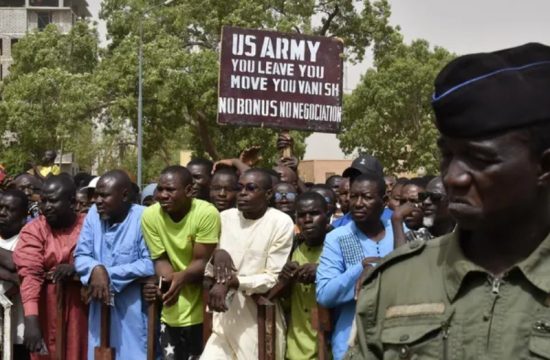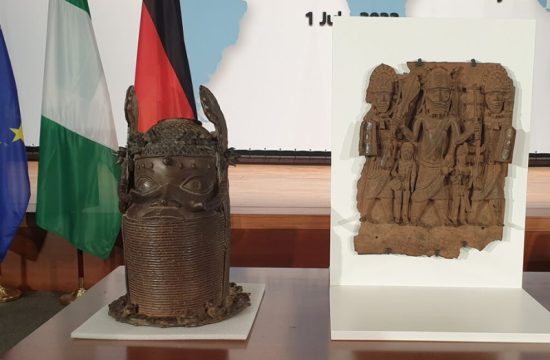Last updated on July 27th, 2022 at 07:13 am
The Russian Foreign Minister, Sergey Lavrov, traveled to the Republic of the Congo as part of an African tour. The tour is intended to strengthen Moscow’s ties with a continent that has refused to join in Western condemnation and sanctions over the Russian invasion of Ukraine. Lavrov’s visit to the Republic of the Congo is the second leg of an African tour. The majority of African nations, which have a complicated history of connections with both the West and the former Soviet Union, have refrained from taking a side in the conflict that is unfolding in Ukraine. However, many of them also buy grain from Ukraine and profit from aid flows and trade connections with the West. Energy is another commodity that is being imported from Russia.
This week, Western leaders are also making overtures toward Africa. French President Emmanuel Macron is scheduled to visit Cameroon, Benin, and Guinea-Bissau, and US Special Envoy for the Horn of Africa, Mike Hammer, is traveling to Egypt and Ethiopia. Both of these trips are part of a larger effort to cultivate relationships on the continent. Lavrov has already been to Egypt and will next travel to Uganda and then Ethiopia. According to African Union (AU) diplomats, he is said to have invited ambassadors from several member states to a private meeting on Wednesday, which has caused western donors to be alarmed. Lavrov will depart from the Congo and head to Uganda after that.
Related Posts
According to the invitation letter that was sent out by the Russian ambassador to Ethiopia and the AU, which was seen by the Reuters news agency, the purpose of the conference was to strengthen cooperation between Russia and the African governments. Two African Union diplomats who spoke to Reuters on the condition of anonymity said that the planned meeting, which would take place at the same time as Hammer’s visit, was making Western funders angry because it showed a shift toward Russia.
Both the Addis Ababa-based African Union (AU) and the Ethiopian ministry of foreign affairs did not respond to requests for comment on this matter. In a column that was sent to newspapers in the four countries on his tour, Lavrov praised Africa for standing up to what he said were attempts by the West to create a one-polar world order.
In the statement, he said, “We welcome the reasoned African attitude as to the situation in and surrounding Ukraine.” He went on to say that African nations have come under “unprecedented” pressure from the West to join the sanctions. Lavrov paid a visit to the president of the Republic of Congo, Denis Sassou Nguesso, who has been in power since 1979, with the exception of a five-year stretch from 1992 to 1997. The Democratic Republic of the Congo is a lot bigger than the Republic of Congo, which is a small country that used to be a French colony.
Lavrov was expected to arrive later in Uganda, where President Yoweri Museveni has a long history of balancing strong links with Western allies and good relationships with Moscow. Lavrov was expected to arrive later in Uganda. According to Sarah Bireete, the head of the campaign group the Center for Constitutional Governance, which is based in Kampala, Museveni is becoming increasingly interested in Russia because Russia does not question his government’s record. Bireete told Reuters that Museveni was becoming increasingly keen on Russia because Russia did not question his government’s record. In accordance with a new memorandum of understanding that was struck with Moscow, Uganda’s public broadcaster announced that it would show news bulletins from the Russian state-funded channel RT twice every day.
A number of countries in Eastern Africa, including Uganda, are experiencing severe food shortages as a consequence of the worst drought the region has seen in forty years, in addition to skyrocketing inflation caused by the conflict in Ukraine. Western governments have placed the blame for the situation on Russia, and just last week, the United States approved a $1.3 billion aid package to help combat starvation in the region. People say that sanctions that the West put on Russia are to blame for the lack of grain.
